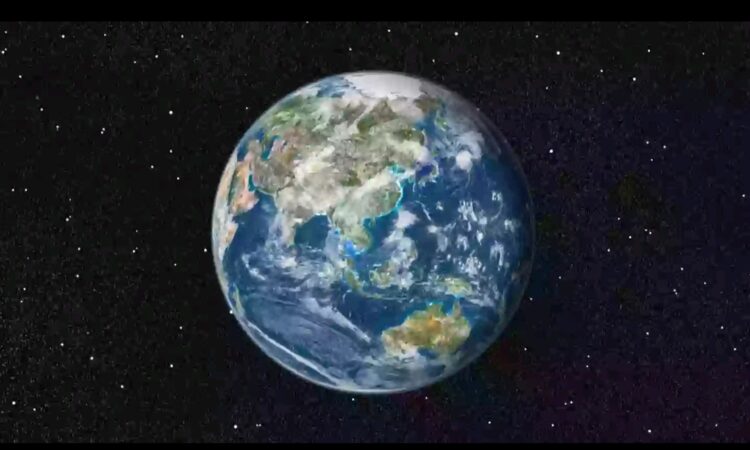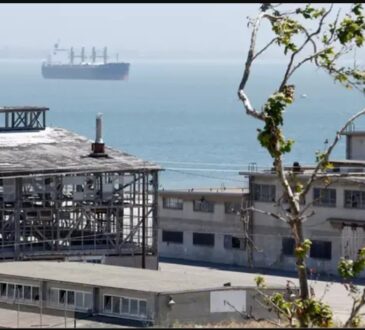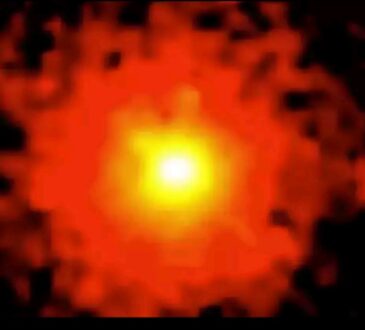Scientist issues warning the shortest day in history will happen in weeks as Earth’s rotation is speeding up

A scientist has issued a surprising warning: the shortest day in recorded history may be just weeks away. This isn’t about seasonal changes in daylight, but rather the actual length of a full day—the time it takes Earth to complete one full rotation on its axis.
Normally, Earth takes about 24 hours to rotate once, and it does this roughly 365 times a year—hence why we have 365 days in a calendar year. But that number hasn’t always been consistent over Earth’s long history. At different times, the planet has rotated anywhere from 490 to 372 times per year. That means the length of a single day has changed over millions of years due to different natural factors.
Now, scientists are observing something unusual: Earth’s rotation is speeding up, and they don’t fully understand why. This increased speed means our days are becoming ever so slightly shorter. We’re talking tiny fractions—about 1.30 to 1.51 milliseconds shorter on specific dates like July 9, July 22, or August 5, according to Graham Jones, an astrophysicist at the University of London.
While this may seem insignificant, even tiny changes in the length of a day can have real consequences. For example, satellite systems, GPS, and extremely precise timekeeping tools could be affected. These systems rely on highly accurate measurements of Earth’s rotation to function properly.
What’s puzzling scientists is that this sudden increase in speed doesn’t match existing models of Earth’s behavior. Leonid Zotov, a researcher at Moscow State University, said the change was unexpected and isn’t explained by current ocean or atmospheric models. Many scientists now suspect that the cause lies deep within the Earth itself—perhaps in the planet’s core or mantle.
Natural events can also cause Earth to spin faster. One dramatic example happened in 2011 when a powerful earthquake struck Japan. The magnitude 9.0 quake was so strong that it shifted Earth’s axis by about 17 centimeters and may have shortened the length of our days. NASA scientist Dr. Richard Gross explained that when mass on Earth shifts closer to its axis—like a figure skater pulling in her arms to spin faster—the planet rotates more quickly. Earthquakes can cause this kind of mass movement.
Since around 2020, scientists have noticed that Earth has been spinning slightly faster than usual. And while it’s not something that will immediately change our lives, it’s still a mystery that experts are working to understand. The good news? Earth won’t keep spinning faster forever. Eventually, it will slow down again. But no one can say exactly when that will happen.
So while we won’t feel a shorter day in any obvious way, the planet is quietly spinning just a little quicker than it used to—and for now, no one knows exactly why.




